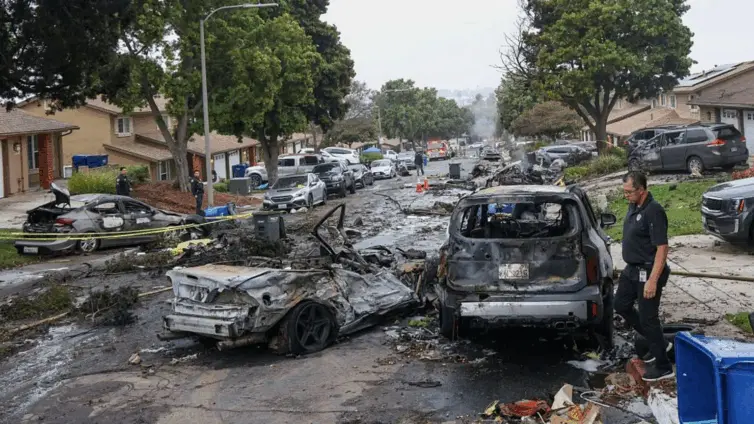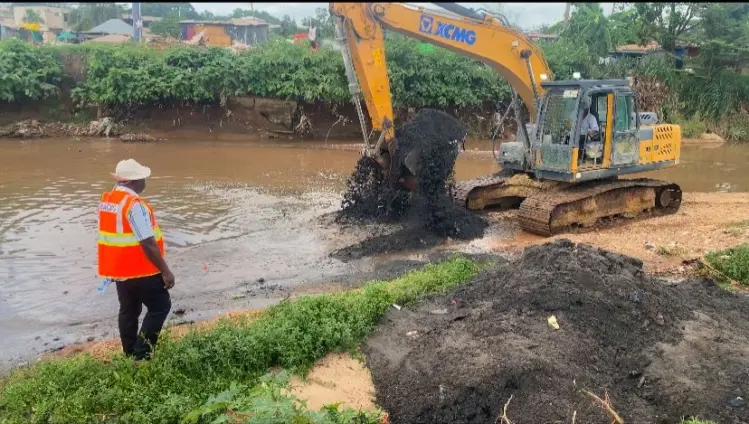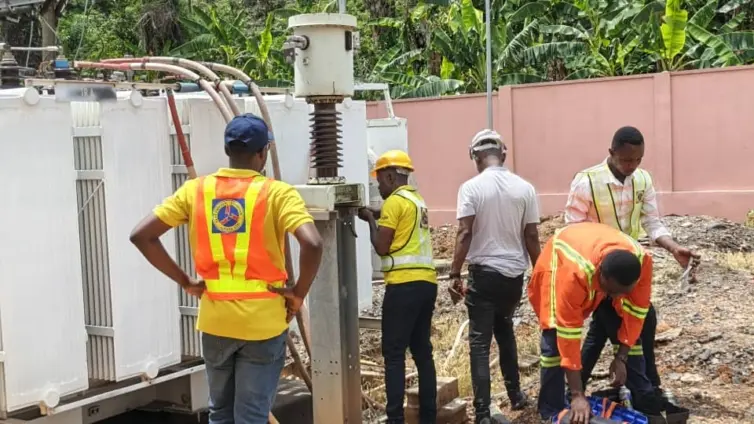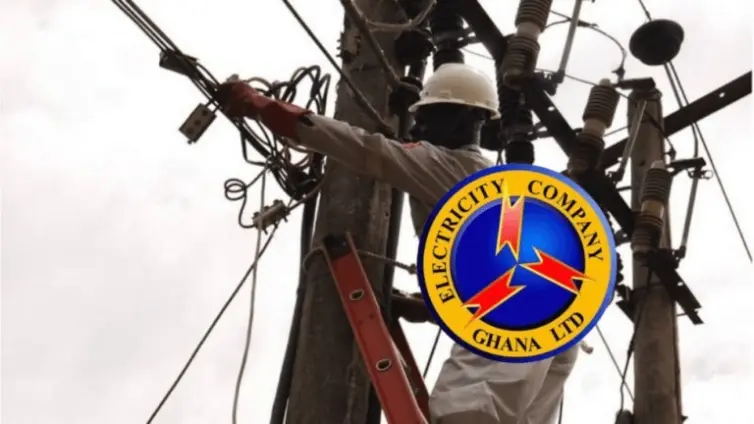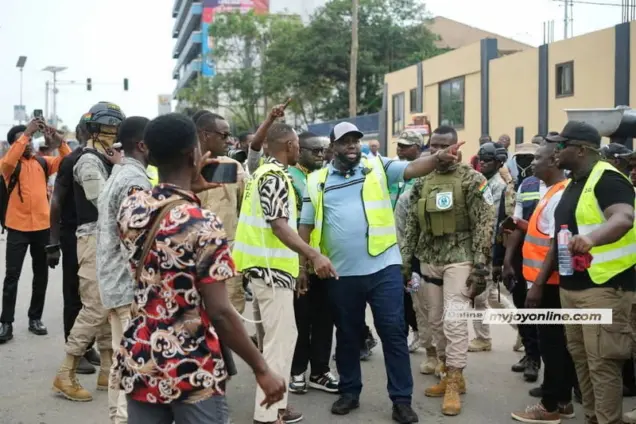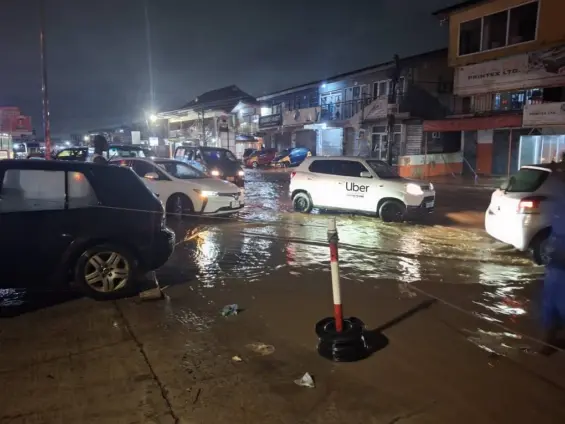The bustling streets of Accra’s central business district, a vital economic hub, are perpetually caught in a tug-of-war between order and the informal sector. For years, the Accra Metropolitan Assembly (AMA) has grappled with the persistent challenge of street trading, a phenomenon that clogs thoroughfares, compromises sanitation, and poses safety risks. Madam Mercy Afrowa Needjan, President of the Greater Accra Markets Association, believes she holds the key to unlocking a lasting solution: strict, unwavering supervision.
“It’s not enough to simply move the traders,” Madam Needjan stated in a recent interview on JoyNews. According to her, the crux of the issue lies in the lack of consistent enforcement after relocation. Without it, she says, all efforts are futile. Her perspective highlights a critical gap in the city’s approach to managing its informal economy. The issue of street trading in Accra demands a comprehensive solution.
The cycle is predictable: traders are removed from unauthorized locations, only to return within days or weeks, driven by economic necessity and the lure of readily available customers. This constant ebb and flow not only frustrates authorities but also undermines the legitimacy of designated market spaces. Why does this happen, and what can be done to break this cycle?
One significant factor contributing to the persistence of street trading is the lack of consistent enforcement. Madam Needjan points out that traders often return to the streets shortly after relocation because the vacated spaces are quickly re-occupied. “If they move and you allow the places to be occupied by others, naturally they will rush back,” she observes, highlighting the importance of maintaining control over previously cleared areas. Without this consistent oversight, any attempts at decongestion are likely to be short-lived.
Furthermore, traders are often influenced by the actions of others. If some individuals return to the streets without facing consequences, others are likely to follow suit. Madam Needjan emphasizes that strict supervision sends a clear message that street trading will not be tolerated. “If there is strict supervision and they enter into their working spaces and then they stay there… if the mayor sends them into their various spaces and off the pavements, it means there should be strict supervision so that nobody goes back to the street,” she explained, underscoring the need for a zero-tolerance approach.
Madam Needjan’s central argument is that strict supervision is *the* solution to the street trading problem. She emphasizes the need for constant monitoring and intervention to ensure that traders remain in designated market spaces. But what does strict supervision look like in practice? It involves regular patrols by authorities, immediate action against those who violate the rules, and potential penalties for non-compliance, such as fines or confiscation of goods.
The benefits of such a system are multifold. Sustainable relocation leads to improved public sanitation, increased tax revenue due to traders operating in designated market spaces, and a more orderly and attractive city center. A visible presence of market supervisors can deter potential offenders and reassure law-abiding traders that their adherence to the rules is not in vain.
The Accra Metropolitan Assembly (AMA) has recently undertaken decongestion exercises, demonstrating a commitment to addressing the street trading in Accra. In a collaborative effort with the Korle Klottey Municipal Assembly, the AMA commenced a decongestion campaign on Tuesday, May 20, 2025, focusing on areas around the AMA Head Office, Kinbu Road to Railways, ECG Junction to King Tackie Tawiah Statue, and Opera Square to Adabraka. These efforts are aimed at restoring order in the capital city, improving sanitation, and contributing to a wider strategy for urban renewal.
However, the long-term success of these operations hinges on the implementation of strict supervision practices, as advocated by Madam Needjan. The AMA must work together with market queens and community stakeholders to ensure that relocated traders remain in their designated spaces and that new instances of street trading are promptly addressed. Only through sustained effort and consistent enforcement can the city achieve lasting change. The persistent cases of street trading in Accra, however, suggests there are underlying issues.
While strict supervision is undoubtedly crucial, it is also important to address the root causes of street trading. Many traders choose to operate on the streets due to limited space in designated markets, higher visibility and potential for increased sales, and a lack of awareness of regulations. Potential solutions include expanding market spaces, educating traders on the benefits of operating within markets, and providing incentives for compliance. By addressing these underlying issues, the city can create a more supportive environment for traders and reduce the incentive to operate illegally.
Madam Mercy Afrowa Needjan’s message is clear: strict supervision is the key to solving Accra’s street trading problem. While the AMA’s decongestion efforts are a positive step, sustainable change requires consistent enforcement and addressing the underlying reasons why traders choose the streets. By prioritizing supervision and implementing comprehensive strategies, Accra can achieve a cleaner, more organized, and prosperous central business district. If you are a trader in Accra, what would encourage you to stay in your designated workspace?
Image Source: MYJOYONLINE


